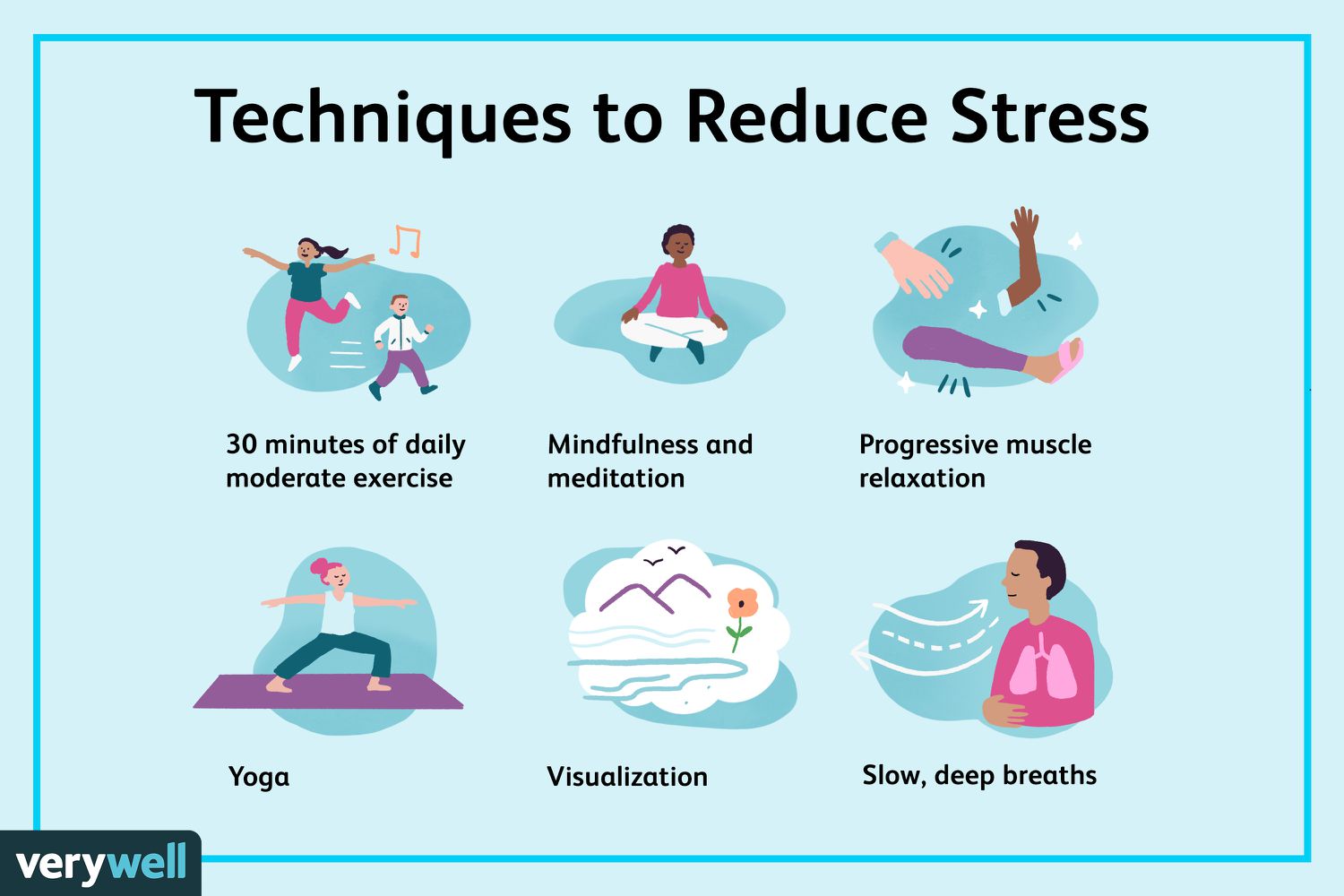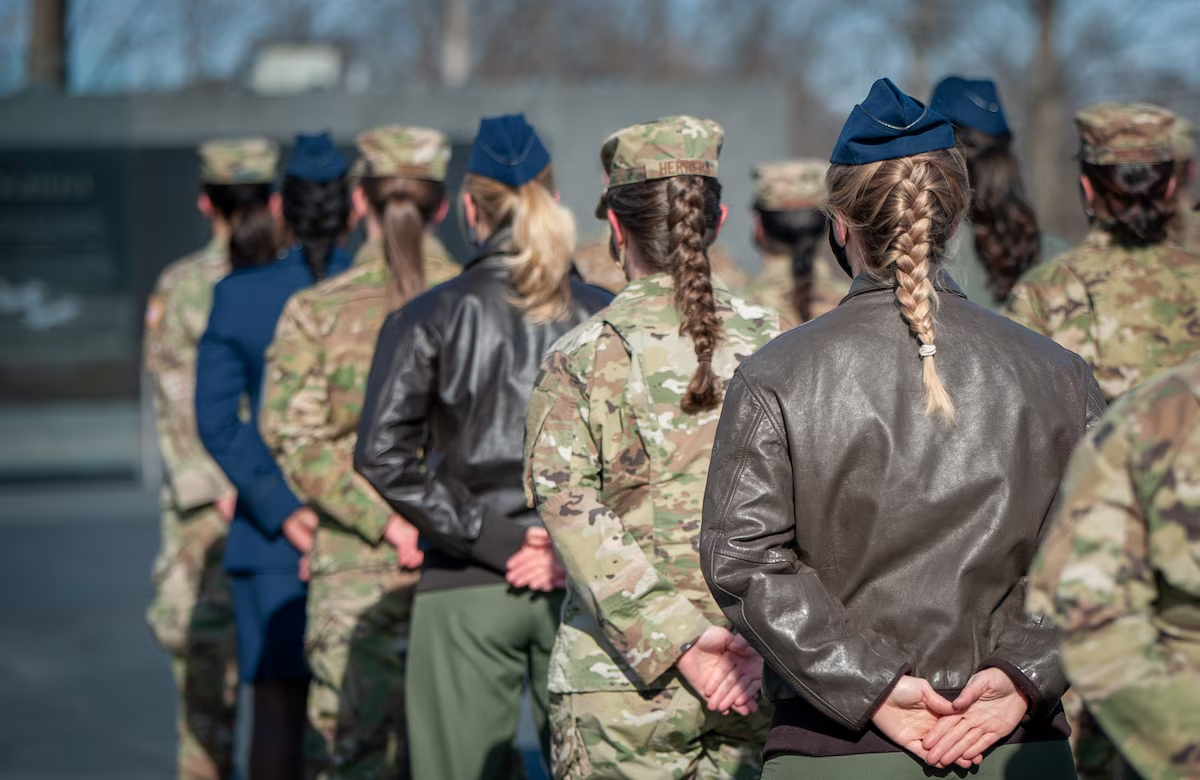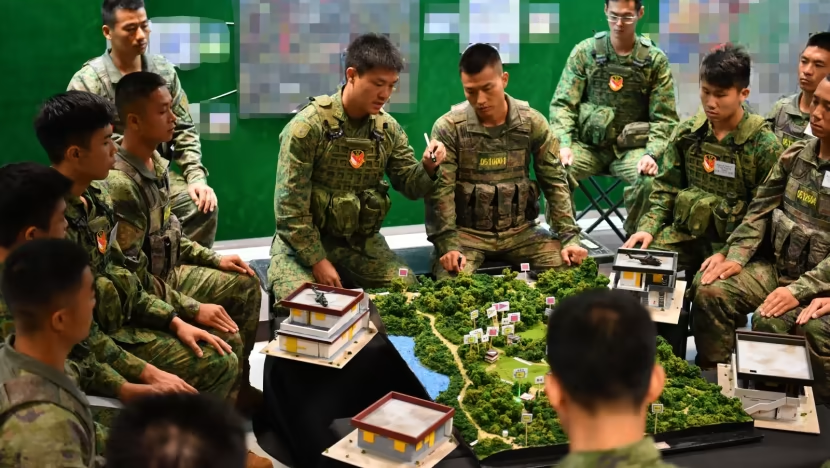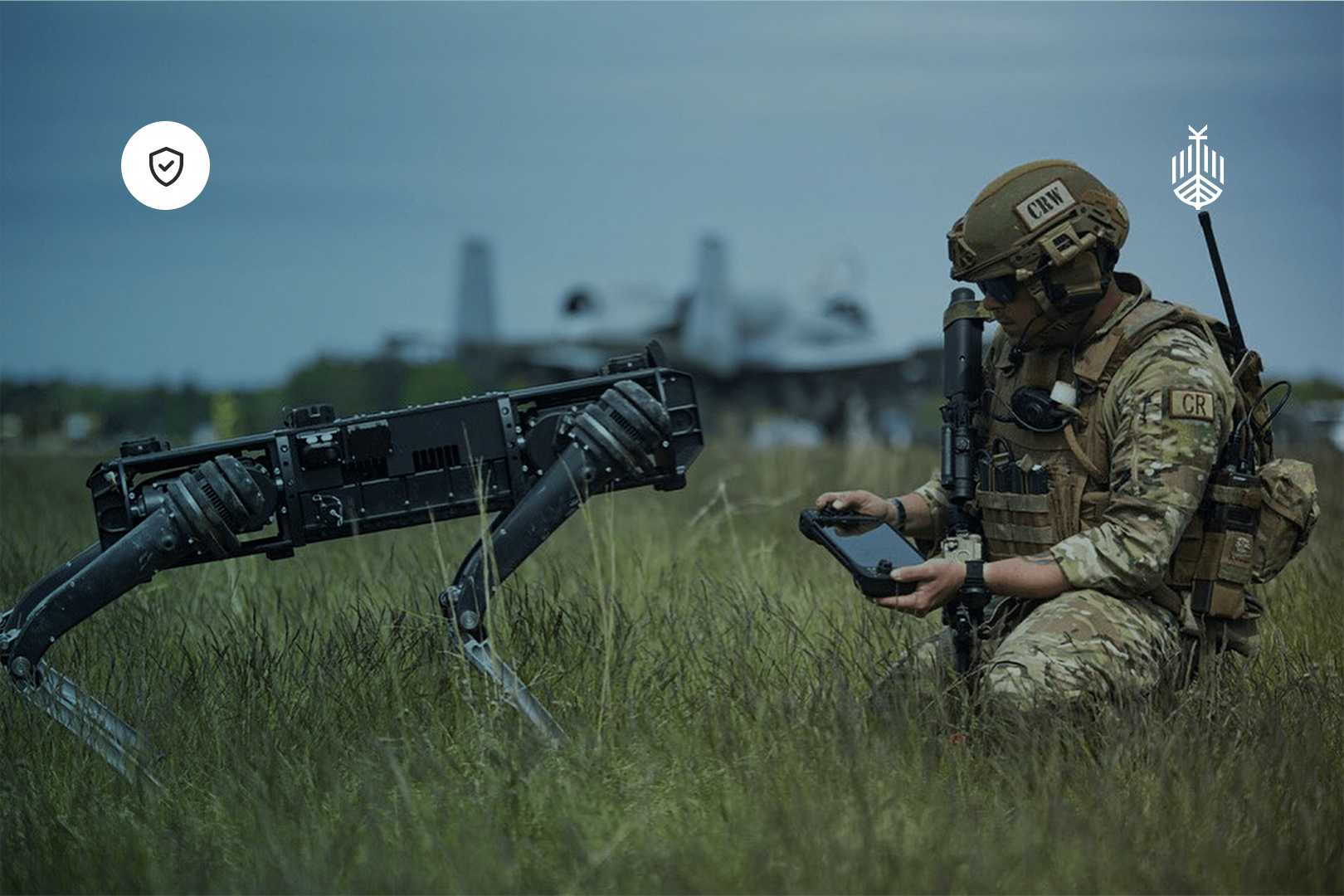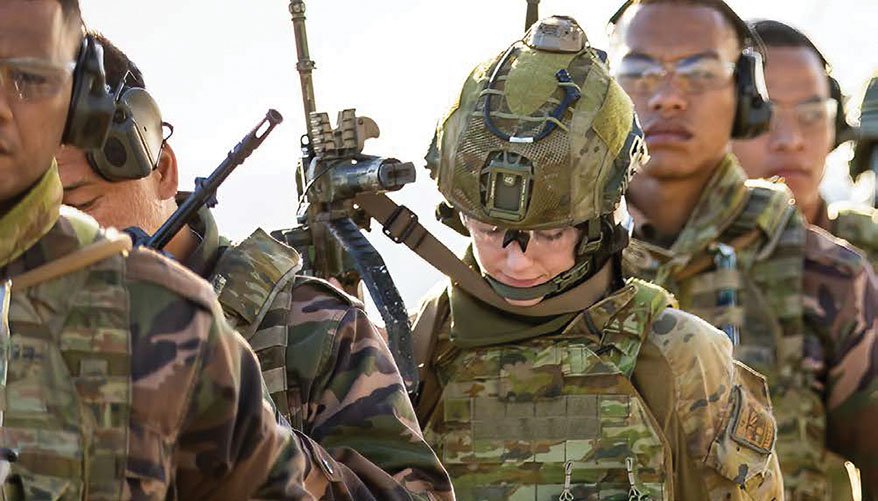Beyond the Classroom: The Importance of Experiential Learning
In the realm of education, there exists a powerful pedagogical approach that transcends traditional classroom boundaries: experiential learning. While lectures, textbooks, and exams have long been staples of academic instruction, experiential learning offers a dynamic alternative that engages students in active, hands-on experiences. From field trips to internships, from simulations to service learning projects, experiential learning fosters deep understanding, critical thinking, and practical skills acquisition. In this article, we explore the significance of experiential learning in shaping well-rounded individuals prepared for the challenges of the 21st century.
Active Engagement and Immersive Learning:
Experiential learning places students at the center of the educational process, transforming them from passive recipients of information to active participants in their own learning journey. Through direct engagement with real-world phenomena, students gain firsthand experience that goes beyond what can be conveyed through lectures or readings alone. Whether conducting scientific experiments, participating in role-playing scenarios, or collaborating on group projects, students are immersed in learning environments that mirror authentic contexts, thereby enhancing their comprehension and retention of knowledge.
Development of Practical Skills:
One of the most compelling aspects of experiential learning is its emphasis on the development of practical skills that are essential for success in both academic and professional realms. By applying theoretical concepts to concrete situations, students acquire valuable competencies such as problem-solving, communication, teamwork, and adaptability. For example, in a business simulation exercise, students may be tasked with devising marketing strategies, managing budgets, and making strategic decisions—all of which mirror the challenges they will encounter in the corporate world.
Bridging Theory and Practice:
Experiential learning serves as a bridge between theory and practice, allowing students to contextualize abstract concepts within real-world scenarios. This integration of academic knowledge with practical experience not only deepens understanding but also cultivates a more holistic perspective on complex issues. For instance, a history class that incorporates visits to historical sites enables students to connect textbook narratives with tangible artifacts, fostering a richer appreciation of the past and its relevance to the present.
Fostering Critical Thinking and Problem-Solving:
Through experiential learning, students are presented with authentic problems that require critical thinking and creative problem-solving skills. Whether conducting scientific inquiries, analyzing case studies, or engaging in community-based research, students learn to approach challenges with curiosity, resilience, and ingenuity. By grappling with uncertainty and ambiguity, they develop the capacity to think analytically, evaluate evidence, and generate innovative solutions—a skill set that is indispensable in navigating the complexities of the modern world.
Cultivating Empathy and Global Awareness:
Experiential learning extends beyond the confines of the classroom, encouraging students to engage with diverse perspectives, cultures, and communities. Whether through service learning projects, study abroad programs, or cultural exchanges, students gain firsthand exposure to the lived experiences of others, fostering empathy, compassion, and cultural competence. By transcending cultural boundaries and confronting societal issues firsthand, students develop a nuanced understanding of global interconnectedness and their roles as responsible global citizens.
Encouraging Lifelong Learning and Personal Growth:
Experiential learning instills a lifelong love of learning by nurturing curiosity, creativity, and intellectual curiosity. By empowering students to take ownership of their learning experiences, it cultivates a growth mindset that extends beyond the classroom and into all facets of life. Whether pursuing further education, embarking on new career paths, or engaging in personal enrichment activities, individuals who have been exposed to experiential learning are equipped with the confidence and resilience to navigate life’s challenges with curiosity and resilience.
Conclusion:
In an era marked by rapid technological advancement, economic uncertainty, and global interconnectedness, the importance of experiential learning has never been more pronounced. By fostering active engagement, practical skills development, critical thinking, empathy, and lifelong learning, experiential learning equips individuals with the tools they need to thrive in an ever-changing world. As educators, policymakers, and stakeholders in education, it is imperative that we continue to prioritize and invest in experiential learning initiatives that empower students to become informed, engaged, and empowered citizens of the world. For it is through experiential learning that we unlock the boundless potential of the human mind and cultivate a brighter future for generations to come.


